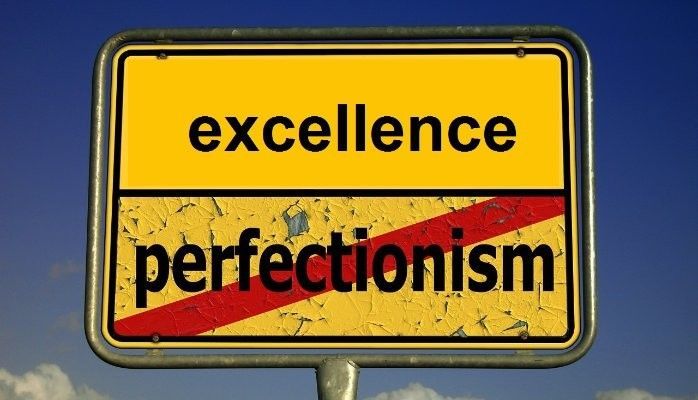Embracing Discomfort: The Uncomfortable Path to Growth and Well-Being
Discomfort, though often avoided, is the crucible through which personal growth and development are forged. This concept is not limited to the physical realm, as in weightlifting or fasting, but extends deeply into our mental and emotional landscapes. Understanding and embracing discomfort, much like the strain of muscles in exercise or the hunger pangs of fasting, can lead to profound health benefits, both physically and mentally.
The journey through discomfort is akin to weightlifting for the soul. Just as our muscles require stress to grow stronger, our mental and emotional resilience is built through the challenges and discomforts we face. The health benefits of fasting—a practice that involves deliberate discomfort—mirror this truth on a physical level, demonstrating that our bodies and minds are designed not for constant ease, but for the occasional stress that sparks growth and vitality.
Ginni Rometty, the former CEO of IBM, on a podcast with Adam Grant, highlighted the value of embracing discomfort, associating it with learning and growth. She pointed out that feeling nervous about tackling complex and difficult projects is a positive sign, a precursor to learning and improvement. This perspective shifts our understanding of discomfort from something to be avoided to a signpost towards potential growth and success.
Rometty shares:
The biggest thing I could leave you with is that thought of embrace discomfort because it means you’re learning something. So, I would be hungry to get on more and more complex and difficult projects. It would become a sign that, yes, the more nervous I get that’s so good because at the other end something good comes out of it. It’s what led me to all my preparation in life, it’s all because oh my god if it’s something I didn’t know and now I know something oh, I’m better each time. I would go from being afraid of change to looking for change. When I wasn’t nervous [I would start to get nervous]…growth and comfort will never coexist.
She then asks Adam: “When have you ever learned the most? How did you feel?"
Adam responds: "Usually, uncomfortable."
Rommety closes: "If you can do that, you’ll be surprised where it can take you."
Similarly, Marcus Aurelius, a Roman Emperor and a Stoic philosopher, recognized the importance of confronting and being open to change and challenges. In his personal journal he reminded himself: “If anyone can prove and show to me that I think and act in error, I will gladly change it — for I seek truth, by which no one has ever been harmed. The one who is harmed is the one who abides in deceit and ignorance.”
His writings emphasize the pursuit of truth and the willingness to change one’s mind upon encountering better evidence or reasoning. This openness to being proven wrong, to embracing discomfort in the pursuit of growth, was as vital for a Roman Emperor as it is for us today.
Gratitude practices highlight another aspect of this journey. The act of expressing gratitude, even when it feels forced, can initiate a transformation within our brains, leading us to genuinely feel more grateful over time. This is not about deluding ourselves into feeling thankful but about engaging in a practice that reshapes our mental landscape, turning forced acknowledgment into genuine appreciation.
However, embracing discomfort is not a one-time effort but a consistent practice, a daily commitment to growth and health. It requires us to push beyond the temporary discomfort of a new exercise regimen or the initial struggle of adopting healthier eating habits. It's about the long-term benefits that come from continuous effort, from consistently choosing the harder path that leads to growth.
The interconnection of mental and physical health cannot be overstated; they are two sides of the same coin. The discipline of regularly challenging ourselves, whether through physical exercise, mental puzzles, or emotional vulnerability, strengthens our overall health. It's a reminder that health is not merely the absence of disease but the presence of a robust system capable of adapting, growing, and thriving in the face of life's inevitable challenges.
All to say, the path to true health—both mental and physical—is paved with discomfort. It's through the deliberate engagement with challenges, the consistent practice of stepping outside our comfort zones, that we find growth, resilience, and ultimately, a deeper sense of well-being. Like the successful CEOs and Stoics, we can learn not just to endure discomfort but to embrace it as a catalyst for personal development and a healthier, more fulfilled life.











